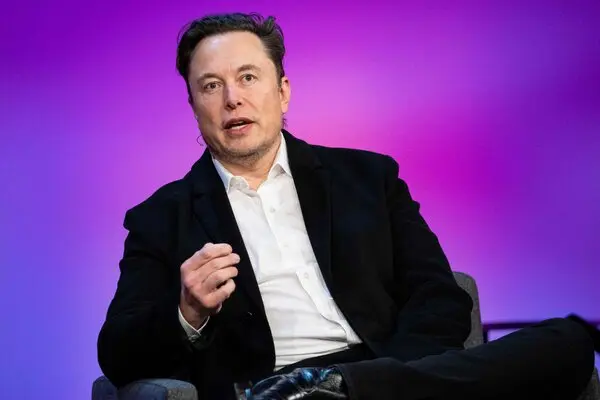In a move that caught the attention of digital enthusiasts, Elon Musk revealed in August that subscribers of X Premium (Blue) would have the opportunity to share in the platform’s ad revenue. However, the unveiling of this revenue-sharing program has led to discussions regarding its taxation implications. According to experts cited by news agency PTI, ad revenue received by individuals from ‘X’ (previously known as Twitter) could potentially be subject to an 18% Goods and Services Tax (GST).
Experts opine that under the GST law, the ad revenue earned by individuals through the microblogging platform ‘X’ would be categorized as a supply and consequently be liable for taxation at the rate of 18%. This tax, however, would only be applicable if an individual’s cumulative income from a range of services, including rental income, interest from bank fixed deposits, and other professional services, surpasses ₹20 lakh within a year.
Elon Musk specified the eligibility criteria for revenue sharing: accounts with more than 15 million organic impressions on their posts over a span of three months and a minimum of 500 followers would qualify for the program. He further disclosed that Twitter had already disbursed thousands of dollars in advertising revenue to premium users.
The beneficiaries of this program are primarily content creators on ‘X,’ who can independently set up Ad Revenue Sharing and Creator Subscriptions. The success stories have started to emerge, with users attesting that they have indeed received ad revenue from ‘X’ or Twitter. One user shared their experience of receiving $120.65 for 21,400,000 impressions over the past 104 days, comparing it to their earnings on YouTube.
To comprehend the application of the 18% GST on the ₹20 lakh income threshold, experts clarify that the calculation involves the aggregation of revenue share earnings from Twitter posts, ad revenue from ‘X,’ and other sources such as interest and rental income. It’s noteworthy that the GST will only be levied on other sources of income if combined with ad revenue from ‘X.’
Presently, individuals and entities generating revenue exceeding ₹20 lakh are required to obtain Goods and Services Tax registration. In some special category states like Mizoram, Meghalaya, and Manipur, this threshold is lowered to ₹10 lakh.
EY Tax Partner Saurabh Agarwal emphasized that the increasing trend of individuals creating digital content and receiving compensation has led to GST becoming applicable to such activities. He stated that once the income crosses the ₹20 lakh threshold, these individuals are mandated to comply with GST registration, return filing, and tax payment requirements.
Sandeep Jhunjhunwala, Partner at Nangia Andersen LLP, explained that for content creators in India, the share in ad revenue from Twitter would qualify as an ‘export of services’ under GST. This is because Twitter operates outside India, thus making the place of supply also outside India. He noted that to determine GST registration eligibility, an aggregate of all sources of income, including professional fees, sponsorships, rent, and bank interest, should be considered.
The introduction of ad revenue sharing by ‘X’ has sparked discussions not only about potential earnings for content creators but also about the intricate web of GST regulations, underscoring the need for clarity and compliance in this evolving digital landscape.
